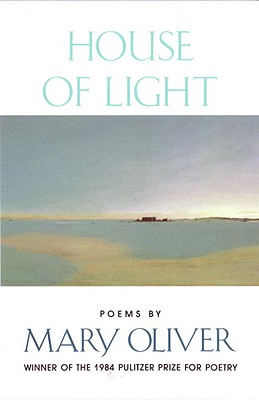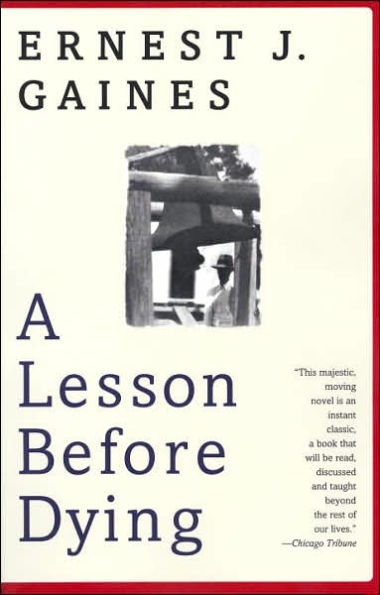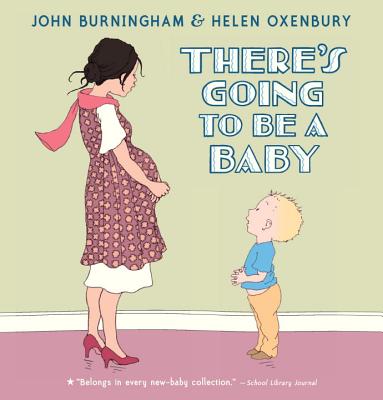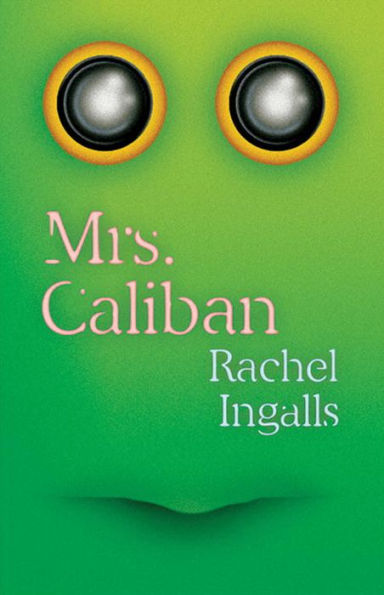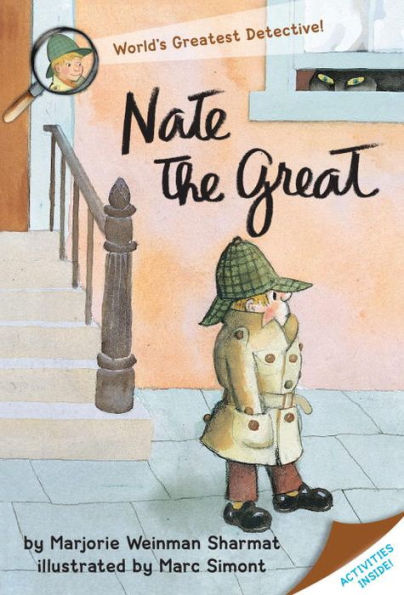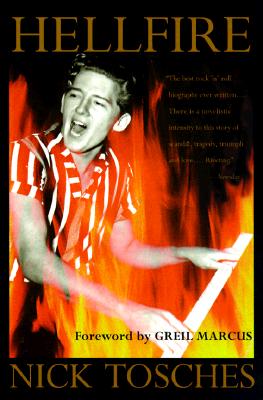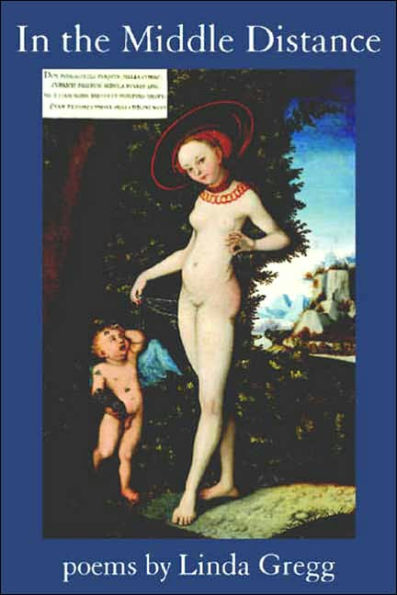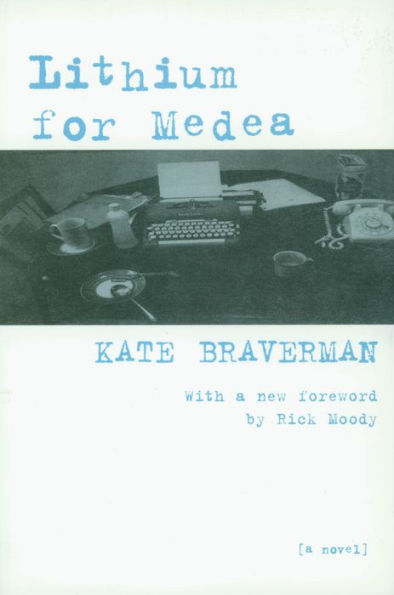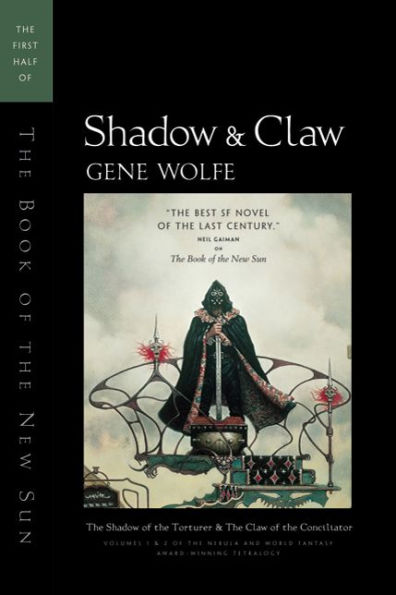As the year draws to a close, we look back at the literary luminaries we lost in 2019. They include Nobel Laureates and Pulitzer Prize winners, novelists and poets and children’s book creators. Their work illuminated the Black experience, looked reverently at the natural world, and chronicled the lives of famous and fascinating people. While their careers are at an end, they will live on through their beloved works.

In Memoriam: 13 Beloved Books by Literary Luminaries We Lost This Year
Toni Morrison was a literary giant. The Nobel Laureate was awarded the Pulitzer Prize, the National Book Critics Circle Award, and countless other accolades. Her work shined a light on the Black experience in America, focusing especially on the lives of Black women. Her work mixes luminous writing, magical realism, myths, and the hard truths of everyday life. Her novel Beloved centers on Sethe, who was born a slave and escaped, but is still haunted by her past, both by the memories of the horrors she experienced and by the ghost of her dead baby.
Staring unflinchingly into the abyss of slavery, this spellbinding novel transforms history into a story as powerful as Exodus and as intimate as a lullaby. Filled with bitter poetry, Beloved is a towering achievement.
MENTIONED IN:
Mary Oliver was a beloved poet, best known for her poetry about the quiet but beautiful moments found in nature. She earned numerous accolades including the Pulitzer Prize, the National Book Award, and the Lannan Literary Award for Lifetime Achievement. Her collection House of Light includes many of her luminous and spiritual poems, including my personal favorite, “The Summer Day,” which asks the reader, “What is it you plan to do / with your one wild and precious life?”
Herman Wouk was an enormously successful novelist, playwright, and screenwriter. His book The Caine Mutiny was awarded the Pulitzer Prize and was adapted into a classic film. His books have been made into Broadway plays, films, and miniseries. His works delve into topics like war and patriotism, Judaism and religion, and questions of morality. In Sailor and Fiddler, Wouk looks back on his life as he turns one hundred years old. The memoir tells about his days writing for a comedic radio show, his service during World War II, and the inspiration behind many of his acclaimed works.
Over the course of seven decades, W. S. Merwin won practically every award available for American poetry, including the Pulitzer Prize. He was named US poet laureate twice. His works center on themes like the spirit of America and American values, war, and morality, as well as nature and threats to the natural world. His book Migration: New & Selected Poems, which collects poetry from throughout his career, won the National Book Award.
Ernest Gaines, winner of a MacArthur Genius Grant, was a beloved novelist who drew inspiration from growing up poor on a plantation in Louisiana. In his work, he shines a light on the stuggles of Black people in the South while infusing his stories with courage, sacrifice, and grace. His National Book Critics Circle Award–winning novel A Lesson Before Dying centers on an intellectually disabled man on death row for murder and a teacher who comes to visit him before he is executed.
John Burningham was a beloved author and illustrator of over sixty children’s books. He was the first two-time recipient of the prestigious Kate Greenaway Medal, for his books Borka: The Adventures of a Goose with No Feathers and Mr. Grumpy’s Outing, and he also created illustrations for beloved classics like Chitty Chitty Bang Bang and The Wind in the Willows. His 2010 picture book There’s Going to Be a Baby was created in collaboration with his wife, Helen Oxenbury, herself a picture book giant.
In 1986, Rachel Ingalls’s book Mrs. Caliban was named one of the twenty best novels by living American authors after World War II. The list also included books by giants like Toni Morrison, John Updike, and Philip Roth. After this honor, her books were rediscovered, reissued, and lauded by the literary community. Her stories are often wonderfully dark, and her love of Grimm’s fairy tales shines through. Mrs. Caliban tells of a lonely housewife’s unlikely and strange romance with a sea creature.
Marjorie Weinman Sharmat was the author of more than 130 books for children, including several that were chosen as Books of the Year by the Library of Congress. She is best known for her Nate the Great series about a boy detective who loves pancakes. The Nate books have been translated into twenty-four langauges and were made into a musical.
Peter Collier was a noted biographer whose works chronicled powerful family dynasties like those of the Fords, the Rockefellers, and the Kennedys. He was also a conservative political commentator. His chronicle of the Roosevelt family draws on extensive research and interviews to present a brilliant and controversial portrait of the famous family and the political culture they helped shape.
Nick Tosches was a music journalist and novelist who wrote about subjects ranging from country music to Hall & Oates. His biography Hellfire: The Jerry Lee Lewis Story was called “the best rock and roll biography ever written” by Rolling Stone. He also wrote seven novels, numerous short stories, and many articles and reviews.
Of Linda Gregg’s work, fellow poet W. S. Merwin said, “[Her poems] are inseparable from the surprising, unrolling, eventful, pure current of their language, and they convey at once the pain of individual loss, a steady and utterly personal radiance.” Gregg published several volumes of poetry and was awarded honors like the Pushcart Prize, the William Carlos Williams Award, and a National Endowment for the Arts grant. Her collection In the Middle Distance is full of spirituality, emotion, and passion.
Kate Braverman was a writer of novels, short stories, and poetry, often focusing on vivid female protagonists and her home city of Los Angeles. She received honors including the Raymond Carver Short-Story Award and the O. Henry Award. Her best-known work is probably the novel Lithium for Medea, a fierce look at addiction, dysfunctional families, and destructive love told through the eyes of Rose, a troubled woman who becomes involved with a cocaine-addicted artist
Gene Wolfe was a giant in the fields of science fiction and fantasy who was lauded by Ursula K. Le Guin as “our Melville.” His works contain fantastical elements like faraway planets, cloning, and giants, while tackling themes like post-colonialism, betrayal and mercy, and Catholicism. Widely considered to be Wolfe’s masterpiece, the Book of the New Sun is a four-book series that begins with The Shadow of the Torturer, which follows Severian, an apprentice to the Guild of Torturers who is exiled in shame after committing the ultimate sin: showing mercy to a victim. He then sets out on an epic quest to learn the truth about his hidden destiny.









